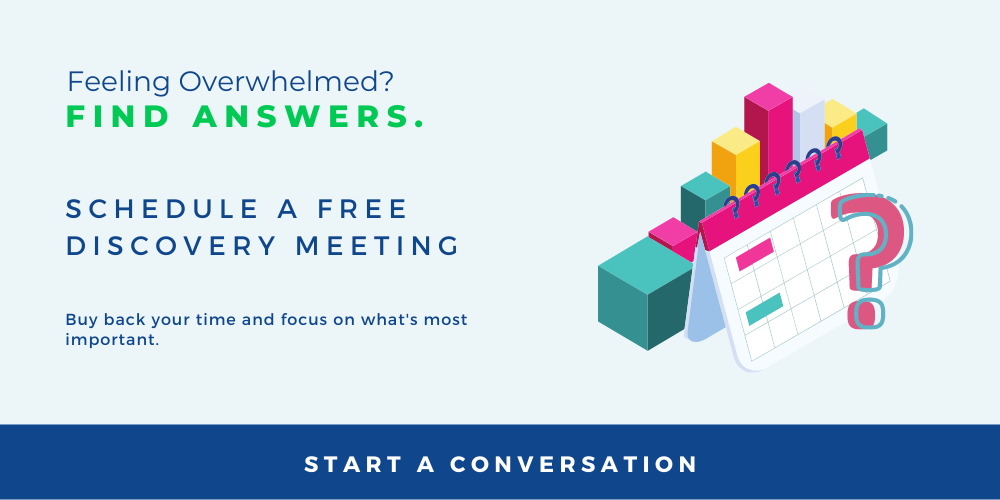%20-8-19-2022.png?width=1600&name=Image%20-%20Blog%20Image%20-%20EE%20-%20Do%20my%20spending%20habits%20affect%20inflation%20-%20Pay%20(Color)%20-8-19-2022.png) If you're reading this article, you've probably read headlines and seen news reports on the current state of inflation in the US. When working with our clients, we're often asked about inflation, and what can be done to minimize its impact. Whether you're shopping in a grocery store, filling up your gas tank, or getting ready to buy a house, you're sure to have experienced inflation. You see it on your credit card statements, hear it in the news cycle, and read the fear-inducing headlines about rising prices, but did you know your spending can have a very real impact on inflation?
If you're reading this article, you've probably read headlines and seen news reports on the current state of inflation in the US. When working with our clients, we're often asked about inflation, and what can be done to minimize its impact. Whether you're shopping in a grocery store, filling up your gas tank, or getting ready to buy a house, you're sure to have experienced inflation. You see it on your credit card statements, hear it in the news cycle, and read the fear-inducing headlines about rising prices, but did you know your spending can have a very real impact on inflation?
What is Inflation Expectation?
We typically expect inflation to rise around two percent yearly. If inflation rises past that expected percentage, it can easily lead to fear and anxiety. When inflation starts to rise or when we hear through the news that it is expected to increase, we start to experience inflation expectations.
Inflation expectation is exactly what it sounds like. It is the expectation that inflation will continue to rise and never stabilize. This leads to shoppers buying larger quantities of products before prices increase.
How Does This Affect Real Inflation?
The idea of inflation is based on supply and demand. Too much demand and not enough supply will cause prices to increase. When there is fear that prices will increase, people will change their consumer behavior. They’ll start to stockpile their necessities.
It is helpful to think of inflation expectation as a self-fulfillling prophecy. If you believe the price of meat will rise, you might go to the grocery store and buy double the amount of beef because you think you are saving yourself money in the long run. However, you aren’t the only one with this anxiety or strategy to buy early. When a large number of consumers behave in the same way, it creates a higher demand for products, increasing prices and leading to the feared outcome of higher inflation.
This isn’t just limited to your trip to the grocery store. We see this with gas prices, the housing market, and even car dealerships.
The Bottom Line
Your spending habits affect inflation, but more importantly, the spending habits of a large number of consumers affect it. Consumer behavior has a massive impact. Fear of inflation can lead to a change in consumer behavior, creating higher demand and less supply. This causes prices to rise and increases inflation.
Even though consumer behavior plays a part in inflation, it isn’t the only source. Inflation can happen for multiple reasons related to the supply chain, economic policies, or geopolitical tension.
Regardless of what causes inflation, it can be concerning for many. Everyone’s spending habits are different. Consider scheduling a discovery meeting with us to strategize optimal solutions for navigating all that life throws at you.
